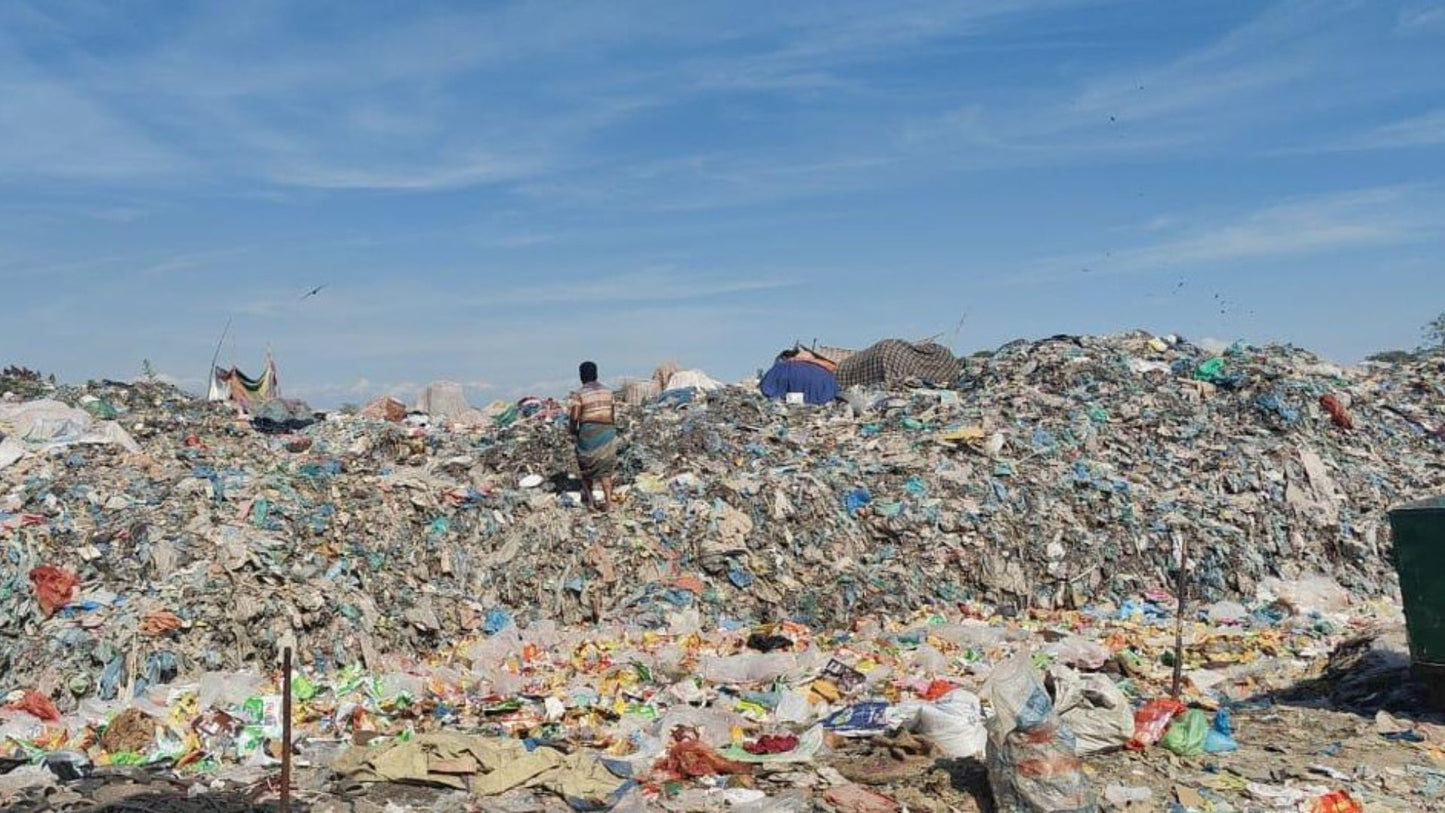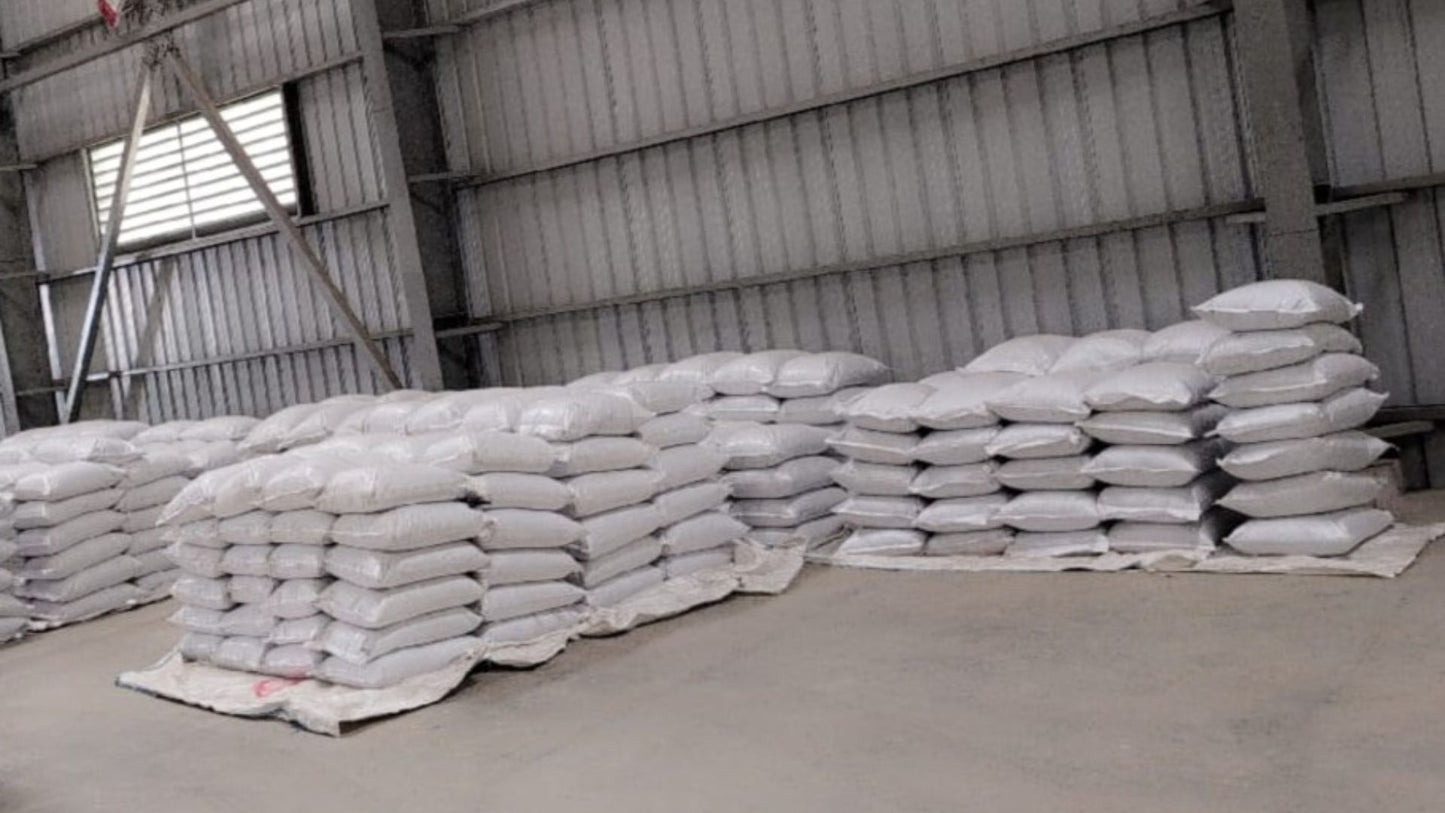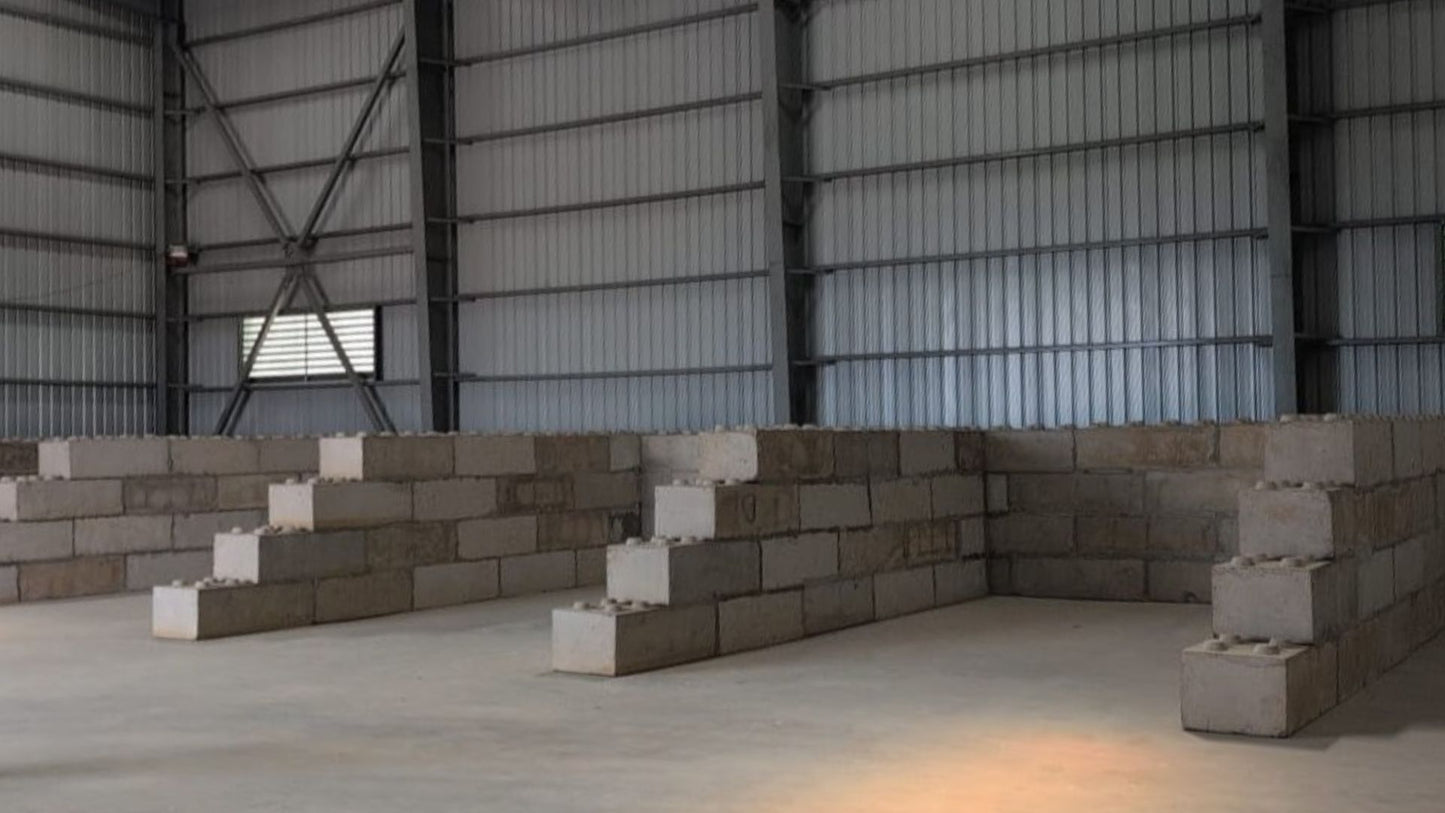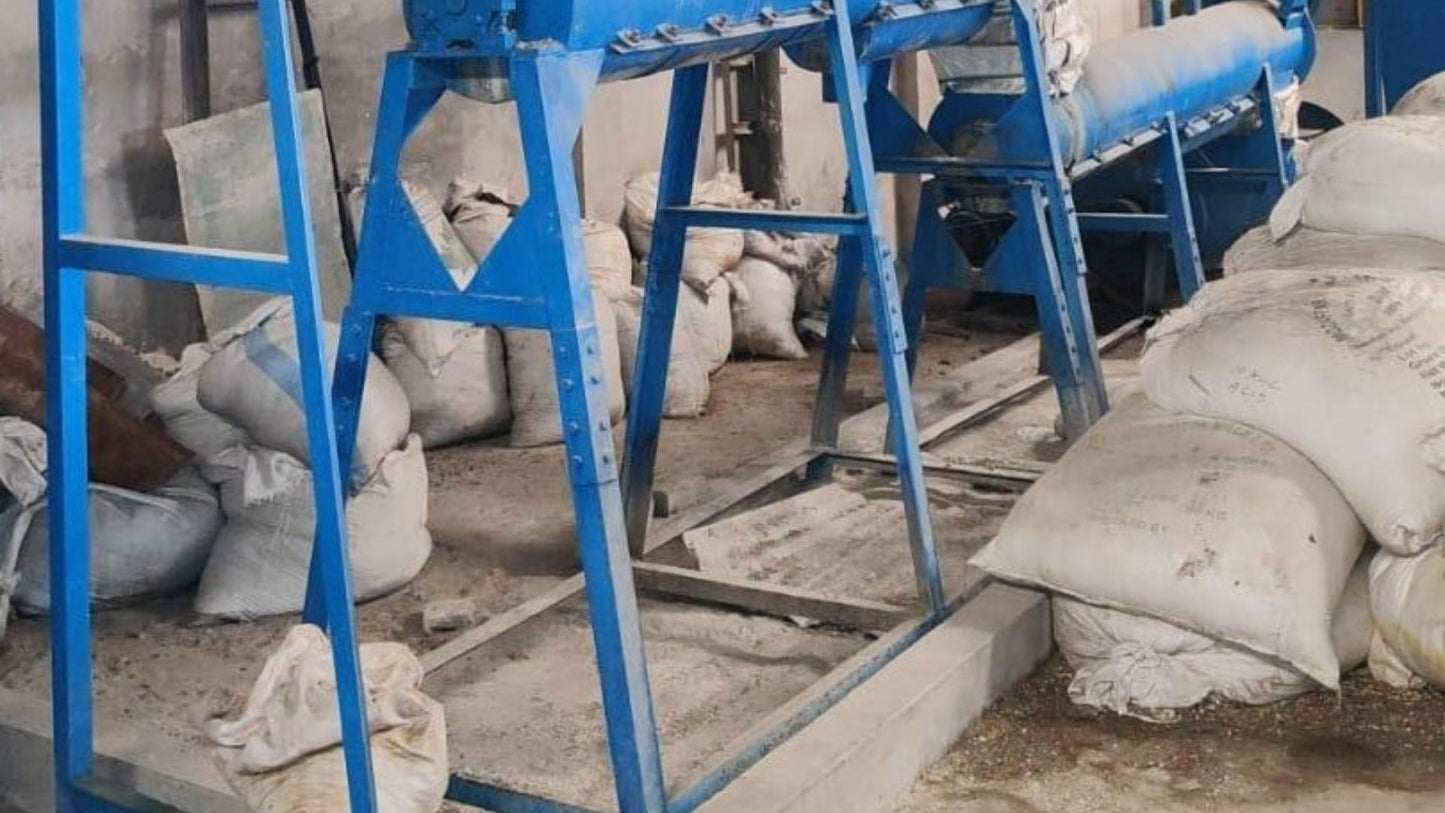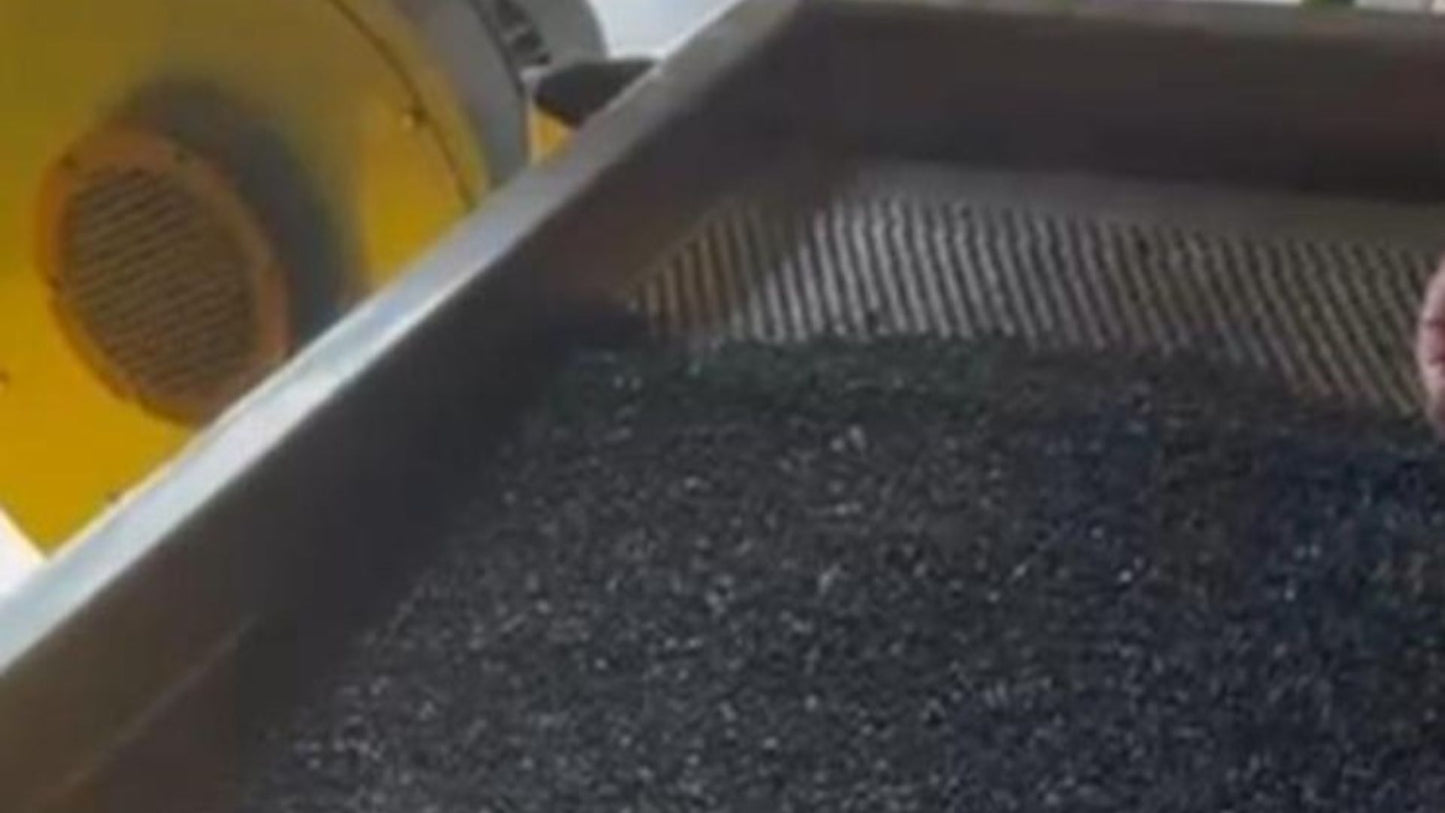Community Collection and Upcycling of Mixed Plastics in Sylhet & Dhaka, Bangladesh (PPRS)
Community Collection and Upcycling of Mixed Plastics in Sylhet & Dhaka, Bangladesh (PPRS)
In Bangladesh, where only 31% of plastic waste is recycled, low-value plastics like LDPE, polypropylene (PP), polystyrene (PS), and multilayer packaging (MLPs) are often left behind—considered too contaminated or economically unviable to process. These materials accumulate in landfills, clog waterways, and are frequently burned in the open. In Sylhet alone, 65% of plastics are openly burned, impacting over 70% of the local population with toxic emissions. Nationally, 36% of mismanaged plastics flow into rivers, contributing more than 2.5 million tonnes annually to marine pollution in the Bay of Bengal.
This project partner, driven by NEP and its partners in Sylhet and Dhaka, is addressing this urgent issue by building a decentralized, community-powered recycling ecosystem. It engages over 3,500 paid community waste collectors and 30 local subcontractors to recover plastic waste from landfills, dumpsites, and streets. Each collection is logged with GPS tagging and photos, ensuring data integrity and traceability. The plastics are sorted and baled, and all movements are digitally tracked using blockchain technology to eliminate duplication and enhance transparency.
The recovered materials—primarily low-value post-consumer plastics—are processed at a specialized facility, which uses advanced industrial equipment for mechanical recycling. This includes cleaning, shredding, friction washing, and size separation. From aggregation hubs to the recycling site, every batch is traceable to its source, guaranteeing quality control throughout the value chain.
Once processed they are used to produce durable eco-aggregates that can replace up to 20% of natural stone in concrete. These aggregates are sold to local ready-mix plants, concrete manufacturers, and government infrastructure projects, helping to build paving blocks, kerbs, and flood defense—contributing to more sustainable and climate-resilient urban development.
Proceeds from credit sales directly support the project's growth and community impact. These funds help expand plastic collection networks, raise wages for waste pickers, and invest in essential infrastructure like energy-efficient recycling facilities, transportation vehicles, and on-site child care. Beyond environmental impact, the project provides educational support, housing assistance, and vocational training to uplift the lives of workers and their families. Additional investments go toward flood defense, rainwater harvesting systems, and solar power installations—strengthening the resilience of Bangladesh’s most vulnerable communities.
Rooted in years of grassroots collaboration and built on deep local trust, this project is more than just a recycling solution—it is a platform for social and environmental transformation. By turning low-value plastic waste into valuable products, it creates new livelihoods, promotes dignity, and builds long-term climate resilience. Every credit purchased helps drive real, lasting change in one of the world’s most challenging yet inspiring environments.
Project Title: Community Collection and Upcycling of Mixed Plastics in Sylhet & Dhaka, Bangladesh
Auditor: TÜV SÜD
Available Capacity: 25000 Metric Tons
Annual Capacity: 50000 Metric Tons
Cleanup: Landfill Diversion and River / Waterway (Ocean-Bound)
Vintage: 2025
Location: Bangladesh
Plastic Type: LDPE, Polypropylene, Polystyrene, Multi-Layer Plastics, PET, and HDPE
Processing Type: Upcycling
Standard Applied: PPRS
Couldn't load pickup availability
Share
